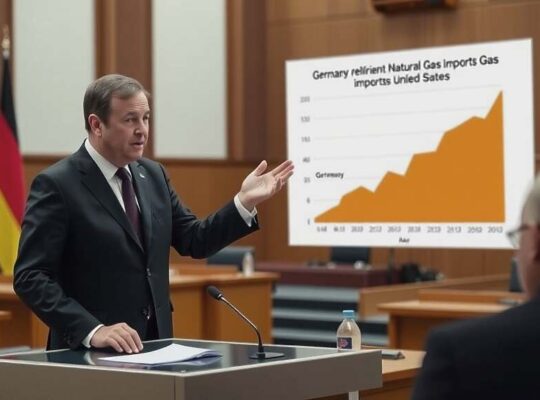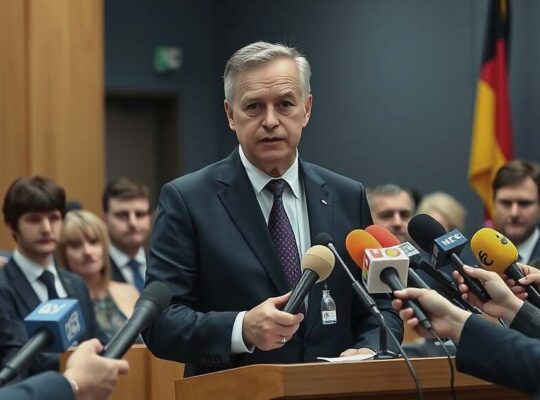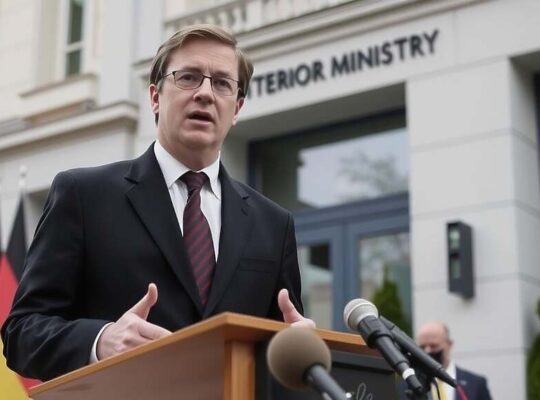Pressure mounts on German Foreign Minister as coalition partners demand deportation pathways to Syria.
A growing chorus of voices within the Christian Social Union (CSU), Bavaria’s powerful sister party to the Christian Democratic Union (CDU), is publicly urging Foreign Minister Johann Wadephul to accelerate the establishment of deportation agreements with the Syrian government. The demands, articulated in the Sunday edition of “Bild am Sonntag”, reflect a deepening rift within the ruling coalition regarding the handling of Syrian asylum seekers.
CSU parliamentary group leader Alexander Hoffmann asserted the necessity of agreements facilitating the return of convicted criminals and individuals deemed potentially dangerous. He emphasized the commitment outlined in the coalition treaty, indicating a clear expectation within the CSU for the federal government to prioritize this political objective.
The call for action was further amplified by CSU General Secretary Martin Huber, who emphasized a sense of optimism following the perceived end of the Syrian civil war, while simultaneously highlighting the substantial financial and social investment Germany has made in providing refuge for Syrian citizens. Huber argued that the reconstruction of Syria would be intrinsically linked to the return of its diaspora and insisted that individuals lacking demonstrable grounds for asylum should be repatriated. He specifically called for a meticulously planned “return strategy” for Syrians, unequivocally stating the imperative to deport convicted criminals and those without tolerated residency status.
The pressure on Minister Wadephul stems from his recent visit to Syria where he expressed reservations regarding the feasibility of immediate returns. His assessment that “short-term repatriation is not possible” has drawn sharp criticism from within the CSU, who accuse him of obstructing the coalition’s legally binding commitments.
This escalating dispute underscores a broader internal debate within the German government concerning the balance between humanitarian obligations and domestic political considerations. While the Syrian government’s willingness to accept returns remains questionable and the ongoing security situation presents significant challenges, the CSU’s demands suggest a hardening stance on immigration policy fueled by increasing public sentiment pushing for stricter enforcement and a diminishing tolerance for asylum claims. The diverging viewpoints between Wadephul and his CSU counterparts raise critical questions about the future direction of German foreign policy and its impact on the ongoing humanitarian crisis in Syria.












